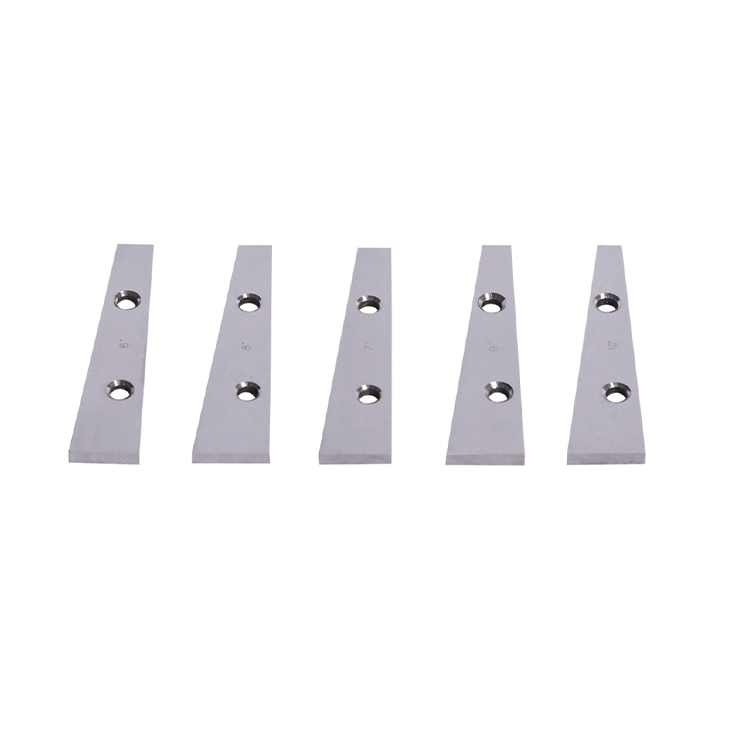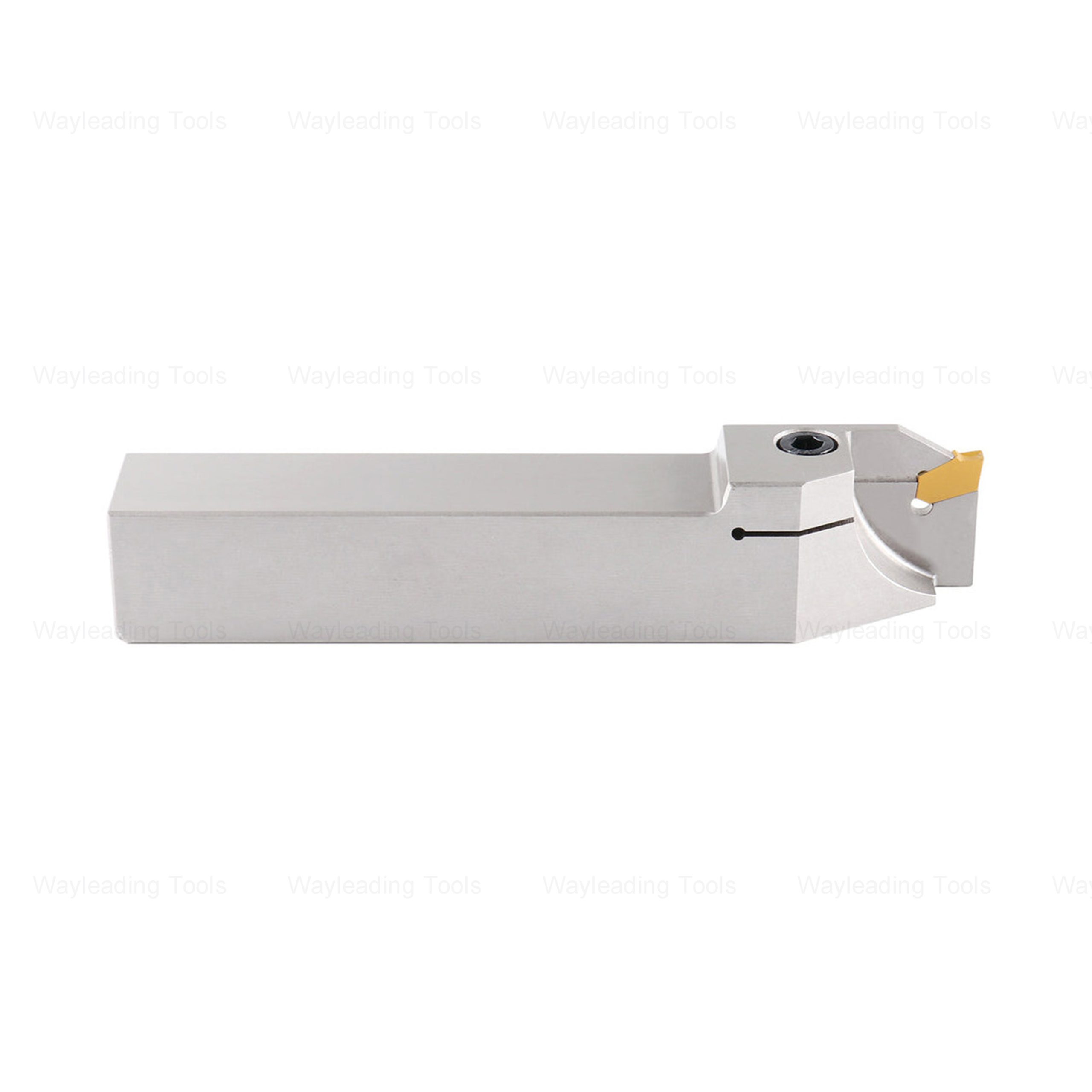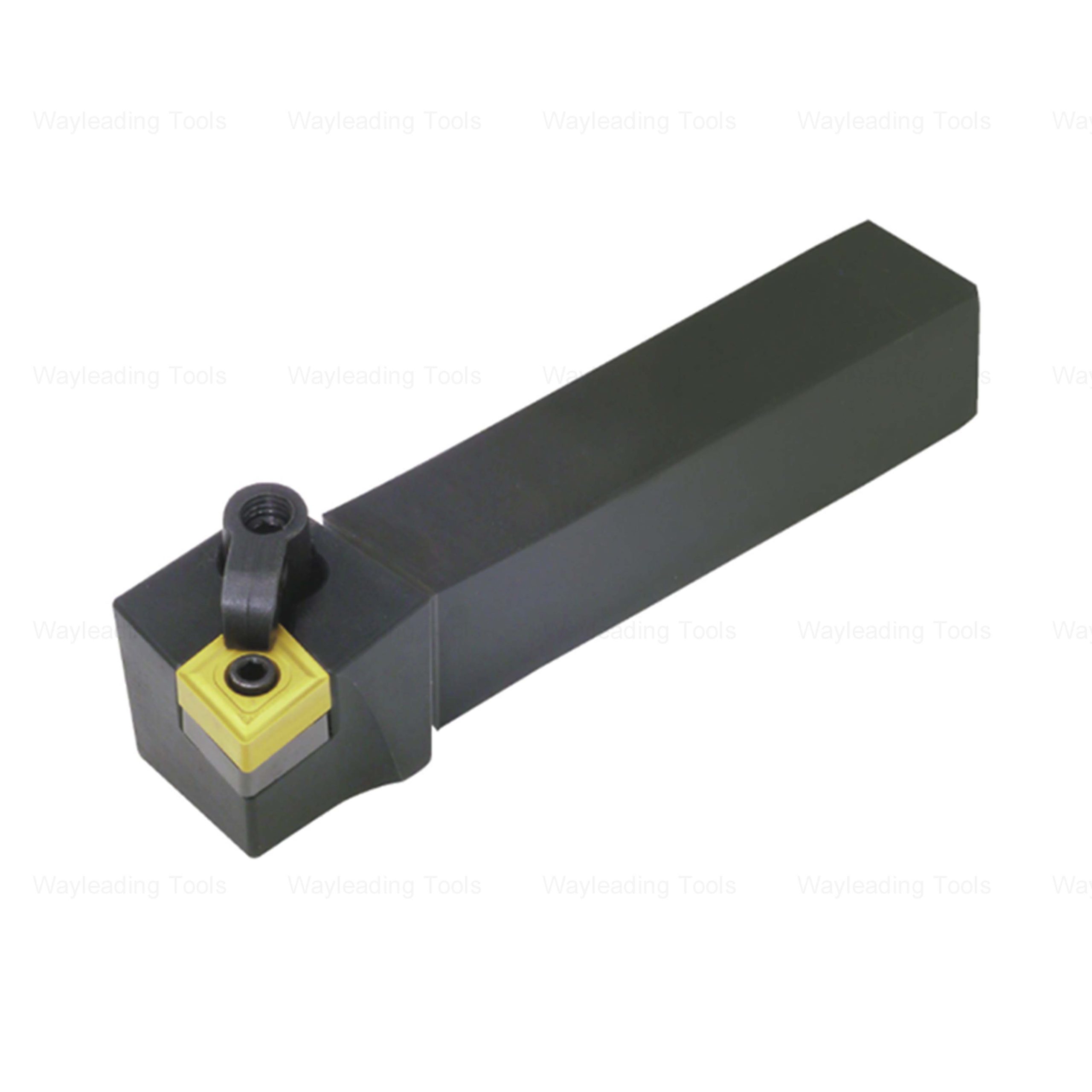mdjnr tool holder Manufacturer
MDJNR tool holders are essential components in metalworking, ensuring precise and secure cutting tool positioning. This guide explores the key considerations when selecting an MDJNR tool holder manufacturer, covering holder types, material properties, precision standards, and factors impacting cost and lead time.
Understanding MDJNR Tool Holders
What is an MDJNR Tool Holder?
An MDJNR tool holder is a type of external turning tool holder, specifically designed to securely hold a DNMG (or similar) insert. The 'MDJNR' designation provides information about the holder's configuration: M indicates it's for turning, D indicates the insert shape (diamond 55°), J indicates the clamping method (lever lock), N indicates the clearance angle, and R indicates the hand (right hand).
Types of MDJNR Tool Holders
Within the MDJNR tool holder category, variations exist based on shank size, length, and insert size. Common shank sizes include 16mm, 20mm, 25mm, and 32mm. Lengths are typically standardized to suit various machine types and working envelopes. Insert sizes will depend on the exact toolholder and the machining operation it will undertake.
Key Considerations When Choosing an MDJNR Tool Holder Manufacturer
Material and Hardness
The material used in the MDJNR tool holder significantly impacts its performance and lifespan. High-quality tool steel, often hardened to HRC 45-50, is crucial for resisting deformation and wear. Cheaper materials or inadequate hardening can lead to premature failure and reduced machining accuracy. Wayleading Tools (www.wayleading.com) uses premium alloy steel for enhanced durability and performance.
Precision and Tolerances
Precision is paramount. The insert pocket must be accurately machined to ensure proper insert seating and consistent cutting geometry. Look for MDJNR tool holder manufacturers who adhere to tight tolerances (e.g., ±0.01mm) in their manufacturing processes. This ensures optimal cutting performance and minimizes the risk of chatter or vibration.
Clamping Mechanism
The clamping mechanism (lever lock) must provide secure and consistent insert clamping force. Examine the lever design and the quality of the clamping screw. A robust clamping system prevents insert movement during cutting, leading to improved surface finish and longer tool life. It's very important that the lever lock has been heat treated.
Coolant Delivery
Some MDJNR tool holders feature internal coolant channels that direct coolant directly to the cutting edge. This improves chip evacuation, reduces cutting temperature, and extends insert life. Consider this feature if your machining operations require efficient coolant delivery.
Shank Size and Compatibility
Ensure that the MDJNR tool holder shank size is compatible with your machine's tool holding system (e.g., tool turret or quick-change tool post). Incorrect shank size can lead to instability and potential damage to the machine or the tool holder.
Evaluating MDJNR Tool Holder Manufacturers
Experience and Reputation
Choose a manufacturer with a proven track record of producing high-quality MDJNR tool holders. Look for customer reviews and testimonials to gauge their reputation and customer satisfaction. Manufacturers with extensive experience are more likely to have refined their manufacturing processes and quality control procedures.
Manufacturing Capabilities
Assess the manufacturer's capabilities in terms of CNC machining, heat treatment, surface finishing, and quality control. Modern CNC equipment and rigorous quality control processes are essential for producing precise and reliable MDJNR tool holders. Wayleading Tools invests heavily in advanced manufacturing technology.
Customization Options
If you have specific requirements, such as custom shank sizes or coolant delivery configurations, inquire about the manufacturer's customization options. Some manufacturers are willing to modify standard MDJNR tool holder designs to meet your unique needs.
Lead Time and Pricing
Obtain quotes from multiple manufacturers and compare their lead times and pricing. Consider the total cost of ownership, including the initial purchase price, potential replacement costs, and the impact on machining productivity. While lower prices may be tempting, prioritize quality and reliability to avoid costly downtime and rework.
Understanding Common Issues and Solutions
Insert Breakage
Insert breakage is a common issue often caused by excessive cutting forces, incorrect cutting parameters, or a poorly maintained MDJNR tool holder. Ensure that the insert is properly seated and clamped, and adjust cutting parameters to reduce cutting forces.
Chatter and Vibration
Chatter and vibration can occur due to excessive tool overhang, a loose MDJNR tool holder, or a poorly damped machine tool. Minimize tool overhang, tighten the tool holder securely, and consider using vibration damping systems to improve stability.
Poor Surface Finish
A poor surface finish can result from insert wear, improper cutting parameters, or a damaged MDJNR tool holder. Replace worn inserts, optimize cutting parameters, and inspect the tool holder for any signs of damage or wear.
Cost Considerations
Several factors influence the cost of MDJNR tool holders:
- Material: Higher-grade steel alloys increase the cost.
- Precision: Tighter tolerances require more precise machining, increasing the price.
- Features: Internal coolant channels and other advanced features add to the cost.
- Volume: Larger order quantities often result in lower per-unit prices.
It is important to get a cost/benefit analysis before purchasing tool holders. For example, spending a little more for higher quality components will often save a lot of money due to the tool holders lasting longer.
| Feature | Low-Cost Holder | High-Quality Holder |
|---|---|---|
| Material | Standard Tool Steel | High-Alloy Tool Steel |
| Hardness | HRC 40-45 | HRC 48-52 |
| Precision | ±0.02mm | ±0.01mm |
| Clamping Force | Lower | Higher |
| Expected Lifespan | Shorter | Longer |
Conclusion
Selecting the right MDJNR tool holder manufacturer is crucial for achieving optimal machining performance and minimizing costs. By considering factors such as material quality, precision, clamping mechanism, and the manufacturer's reputation, you can ensure that you choose a tool holder that meets your specific needs and delivers long-lasting value. When sourcing MDJNR tool holders, prioritize quality and reliability to maximize your machining productivity and minimize downtime. Wayleading Tools offers a wide range of high-quality tool holders to meet your machining needs.
References
[1] Sandvik Coromant. (n.d.). Turning Tools. Retrieved from [Hypothetical Sandvik Coromant URL]
Related products
Related products
Best selling products
Best selling products-
 Auto Self Reversible Tapping Chuck In Drill Machine
Auto Self Reversible Tapping Chuck In Drill Machine -
 MT-APU Drill Chuck Holder With Keyless Type
MT-APU Drill Chuck Holder With Keyless Type -
 Digital Indicator – Precision Type, Inch/Metric, Industrial Grade
Digital Indicator – Precision Type, Inch/Metric, Industrial Grade -
 9PCS Broken Tap Extractor Set With Storage Box
9PCS Broken Tap Extractor Set With Storage Box -
 HSS ISO Metric Round Die Wieh Splite Or Adjustable Splite Type
HSS ISO Metric Round Die Wieh Splite Or Adjustable Splite Type -
 Type M Cone Tungsten Carbide Rotary Burr
Type M Cone Tungsten Carbide Rotary Burr -
 Precision Dustproof Dial Caliper Of Double Shock-Proof For Industrial
Precision Dustproof Dial Caliper Of Double Shock-Proof For Industrial -
 HSS Inch Screw Slotting Saws For Industrial With Bright Or TiN Coated
HSS Inch Screw Slotting Saws For Industrial With Bright Or TiN Coated -
 Precision 5pcs & 6pcs Angle Blocks Set With High Quality Type
Precision 5pcs & 6pcs Angle Blocks Set With High Quality Type -
 R8 Hex Collet With Inch and Metric Size
R8 Hex Collet With Inch and Metric Size -
 Adjustable Tap And Reamer Wrench For Thread Cutting Tools
Adjustable Tap And Reamer Wrench For Thread Cutting Tools -
 HSS Metric & Inch Woodruff Keyseat Cutter With Straight Or staggered Teeth
HSS Metric & Inch Woodruff Keyseat Cutter With Straight Or staggered Teeth










